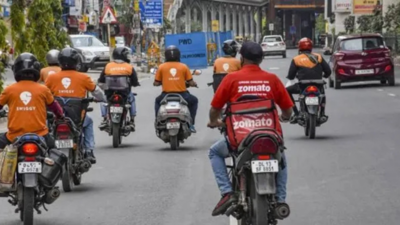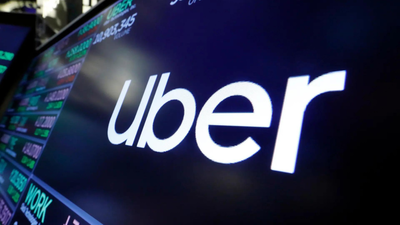⚡ Auto Brief: This content is part of our real-time syndication stream.
BENGALURU: India’s venture-backed startups raised over Rs 44,000 crore ($5.3 billion) from public markets in FY25, more than double the late-stage capital they secured from private investors during the same period, according to The Rainmaker Group’s RainGauge Index FY25 Annual Update. The data points to a decisive shift in the startup funding lifecycle with IPOs, FPOs and QIPs emerging as the dominant channels for late-stage growth capital. This marks the first time that public market funding has so clearly outpaced private capital for startups at scale.The report also noted that over Rs 20,000 crore worth of secondary exits were realised by PE/VC firms through block and bulk trades, including investors such as Peak XV and TPG. Mutual fund ownership in RainGauge Index companies rose from 10% in March 2024 to 14% in March 2025, underscoring growing institutional participation and liquidity depth in the listed startup ecosystem.The RainGauge Index, which tracks the performance of 39 listed startups, ended FY25 with a 6.3% annual gain, beating the Nifty 50, BSE Midcap and even matching the two-year trajectory of the Nasdaq 100. This came despite a cyclical economic slowdown, real GDP growth falling to 6.5% and FII outflows touching Rs 78,000 crore in Q1 FY25, the highest since the COVID-era selloff. The report characterises FY25 as a year of maturing for India’s public startup cohort, after a full cycle of euphoric IPOs (2021–22), sharp corrections (2023) and a reset in valuations (2024).Founders now face tighter public-market discipline. Sector-specific guardrails are in place, with forward valuation multiples settling at 58x EV/EBITDA for internet platforms, 29x for B2B SaaS, 22x for consumer brands and 3x P/B for BFSI players. More than half of RainGauge Index constituents ended the year in the red, with the divergence in performance now clearly attributable to fundamentals. Policybazaar and CarTrade were top performers, delivering profitable growth and stock gains of 93% and 133% respectively. In contrast, several consumer-facing firms and quick commerce players remained in high-burn territory, with mounting scrutiny over margins and growth quality.Among key developments, Zomato became the first venture-backed startup to be inducted into the Nifty 50 and Sensex, while Swiggy joined the Nifty Next 50. Nykaa, PB Fintech, Ola Electric, and others were added to the Nifty MidCap150. A dozen other startups including Meesho, Groww, Urban Company, Wakefit and Pine Labs filed for IPOs in FY25, suggesting that the public markets will remain a core part of India’s venture-backed funding stack going forward.At the company level, Zomato reported a 59% rise in adjusted revenue and posted Rs 527 crore in FY25 PAT, but faced compression in quick commerce margins. Swiggy widened losses to Rs 3,117 crore despite 117% revenue growth in the segment. Policybazaar posted Rs 353 crore in PAT and doubled its Ebitda, while CarTrade turned in Rs 145 crore in profit driven by the integration of OLX India’s auto classifieds business. FirstCry, which listed in August 2024, saw a 43% rise in Ebitda even as offline demand dipped, which its CEO described as a short-term blip. MakeMyTrip and EaseMyTrip both benefited from a surge in travel demand, with gross bookings hitting record highs and international revenue share rising to 25%.TRMG said public markets are no longer just an exit channel for late-stage startups but a discipline that is reshaping how companies prepare for scale. The firm also launched a companion index, RainGauge Private Pulse, to track India’s next $100 billion cohort of late-stage private companies that are gearing up for IPOs. “We’ve now seen the full arc, the IPO frenzy, the valuation winter and now a clear re-rating driven by fundamentals,” said Kashyap Chanchani, managing partner at TRMG. “This is the age of seasoning. The market is no longer listening to stories, it’s pricing in substance.”
Source: Times of India
📝 All news content is syndicated with source attribution for transparency.




